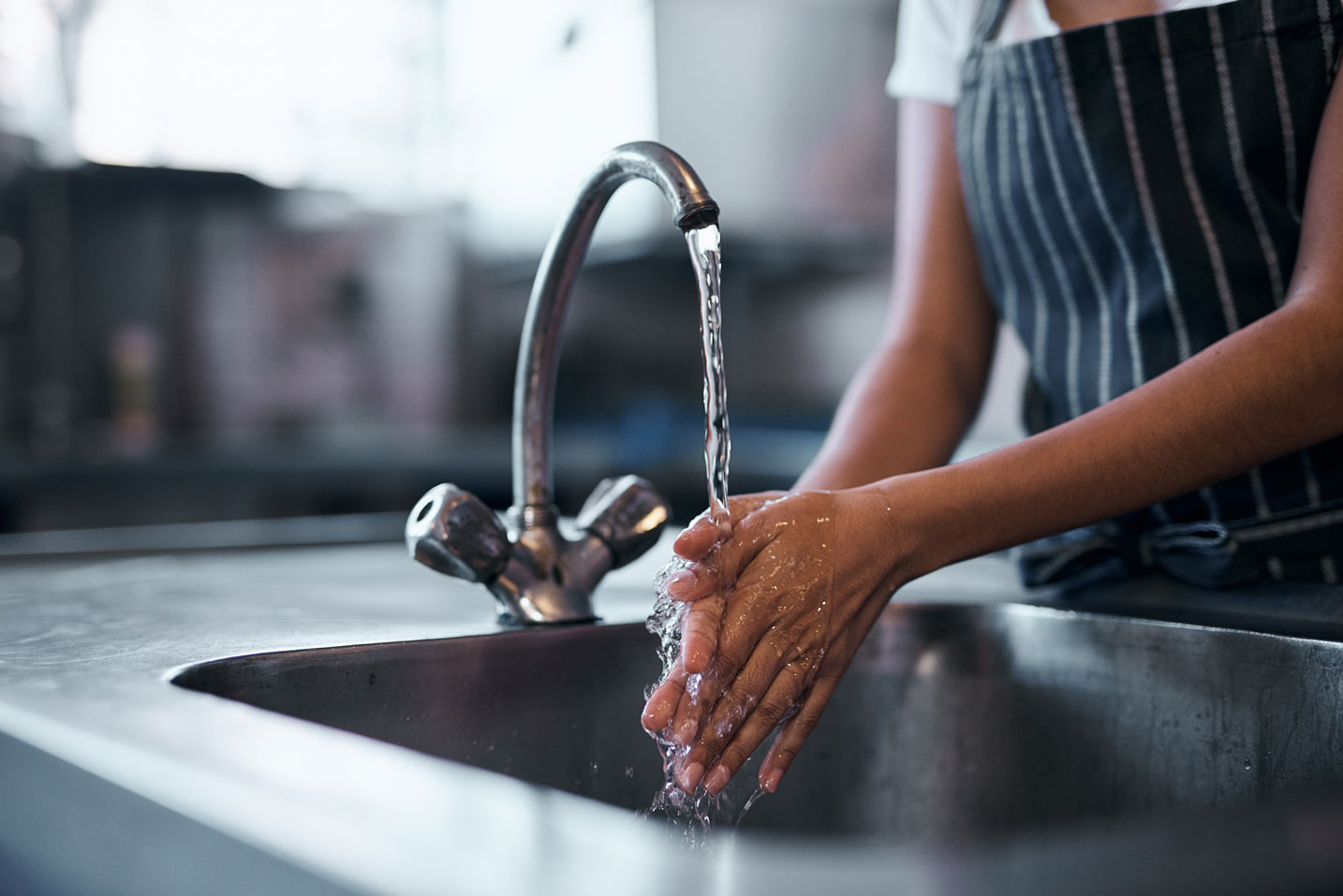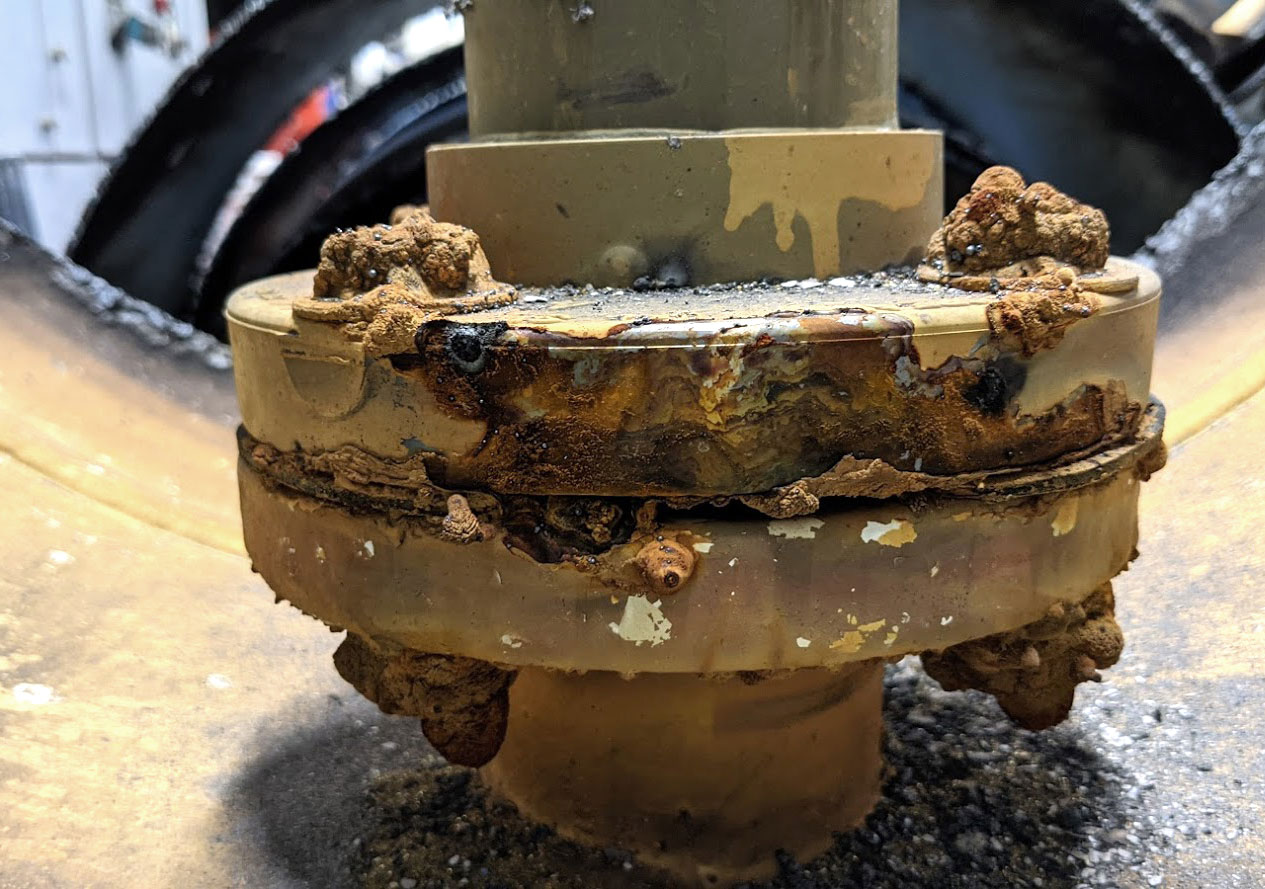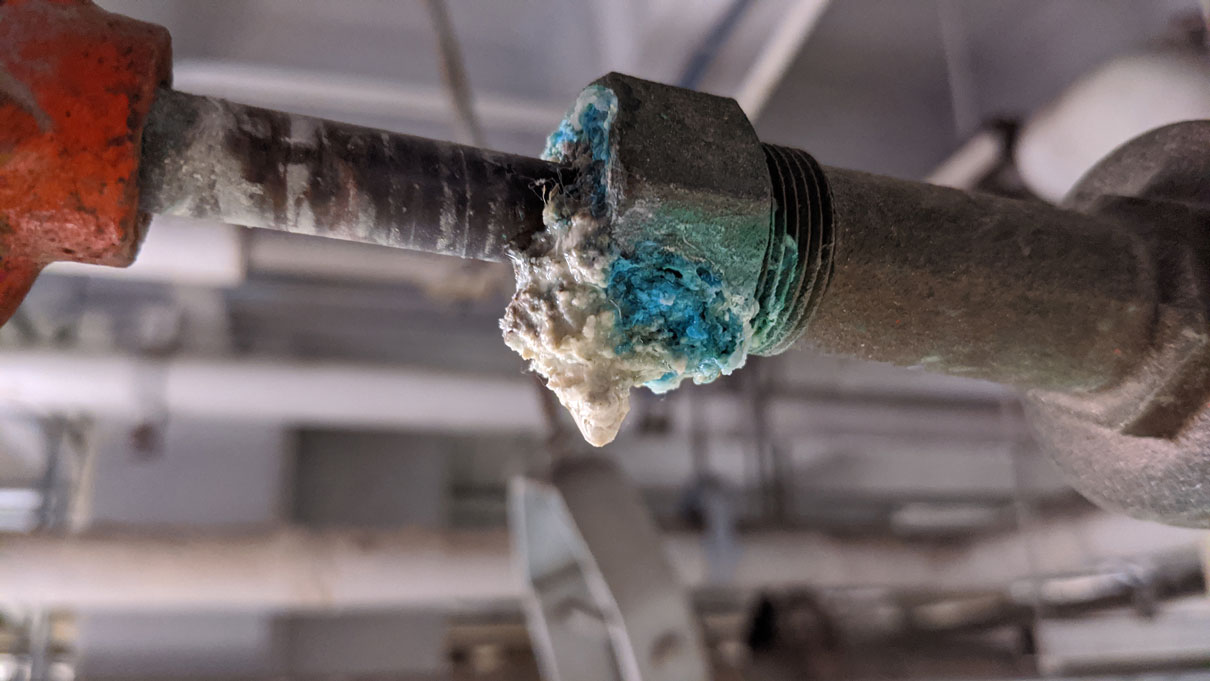Hard water
Hard water can leave deposits on pipes and appliances, which can reduce water flow and efficiency. These deposits can also lead to clogs and eventually cause pipes to corrode and fail.
One common water problem in Fresno, California is arsenic contamination. Arsenic is a naturally occurring chemical element that can be found in the soil and can contaminate groundwater, which is the primary source of drinking water for many communities in the area. High levels of arsenic in drinking water can be harmful to human health and have been linked to a variety of health problems, including cancer and cardiovascular disease. Other water problems in the area may include nitrate contamination, which can also have negative health impacts, and drought, which can lead to water shortages and restrictions on water use.

Fresno has hard water. Hard water is water that contains high levels of minerals, such as calcium and magnesium. These minerals can be present in the water naturally, as it picks up minerals as it flows through rock and soil.
Hard Water in Fresno
Fresno water can sometimes have an unpleasant smell if it is contaminated with certain chemicals or if it has been standing in pipes for a long time. If the water in Fresno has an unpleasant smell, it could be due to a variety of factors and it is important to report any issues with the water to the appropriate authorities.
Smelly Water in Fresno
Fresno water can sometimes have an unpleasant taste if it is contaminated with certain chemicals or minerals, or if it has been standing in pipes for a long time. If the water in Fresno has an unpleasant taste, it could be due to a variety of factors and it is important to report any issues with the water.
Water Tastes Bad in FresnoThere are many potential water problems that can arise in a home, and the solution will depend on the specific problem you are experiencing. Here are a few common water problems and some potential solutions:
Hard water contains high levels of minerals, such as calcium and magnesium, which can leave deposits on pipes and appliances, and make it difficult to lather soap and shampoo. To fix hard water problems, you can install a water softener, which uses ion exchange to remove the minerals from the water.
These stains can be caused by a variety of factors, including hard water, soap scum, and bacteria. To remove stains, you can try using a commercial cleaner specifically designed for the type of stain you are dealing with, or you can make a paste using baking soda and vinegar. To prevent these stains in the future, consider adding a water filter or water softener to your home water supply.
Low water pressure can be caused by clogged pipes, a faulty water pump, or problems with the municipal water supply. To fix low water pressure, you may need to clean the pipes, repair or replace the water pump, or contact the water company to address any issues with the supply.
Leaky pipes can be caused by corrosion, damage, or loose fittings. To fix a leak, you will need to locate the source of the leak and either repair or replace the damaged section of pipe.
Strange tastes or odors in your water can be caused by a variety of factors, including contaminants in the water supply, bacteria growth in the pipes, or problems with the water treatment plant. If you are experiencing strange tastes or odors in your water, you should contact your local water company to investigate the issue.
Common water problems can have a variety of impacts on your plumbing. Here are a few examples:
Hard water
Hard water can leave deposits on pipes and appliances, which can reduce water flow and efficiency. These deposits can also lead to clogs and eventually cause pipes to corrode and fail.
Low water pressure
Low water pressure can make it difficult to use plumbing fixtures and appliances, and it can also reduce the efficiency of your water heater.
Leaky pipes
Leaky pipes can waste water and increase your water bill. They can also cause water damage to your home and lead to the growth of mold and other harmful bacteria.
Strange tastes or odors
Strange tastes or odors in your water can be unpleasant and make it difficult to use your plumbing fixtures. In some cases, they can also indicate the presence of contaminants in your water supply, which can be harmful to your health.
If you are experiencing any of these problems, it is important to address them as soon as possible to prevent further damage to your plumbing and to ensure that your water is safe to use.